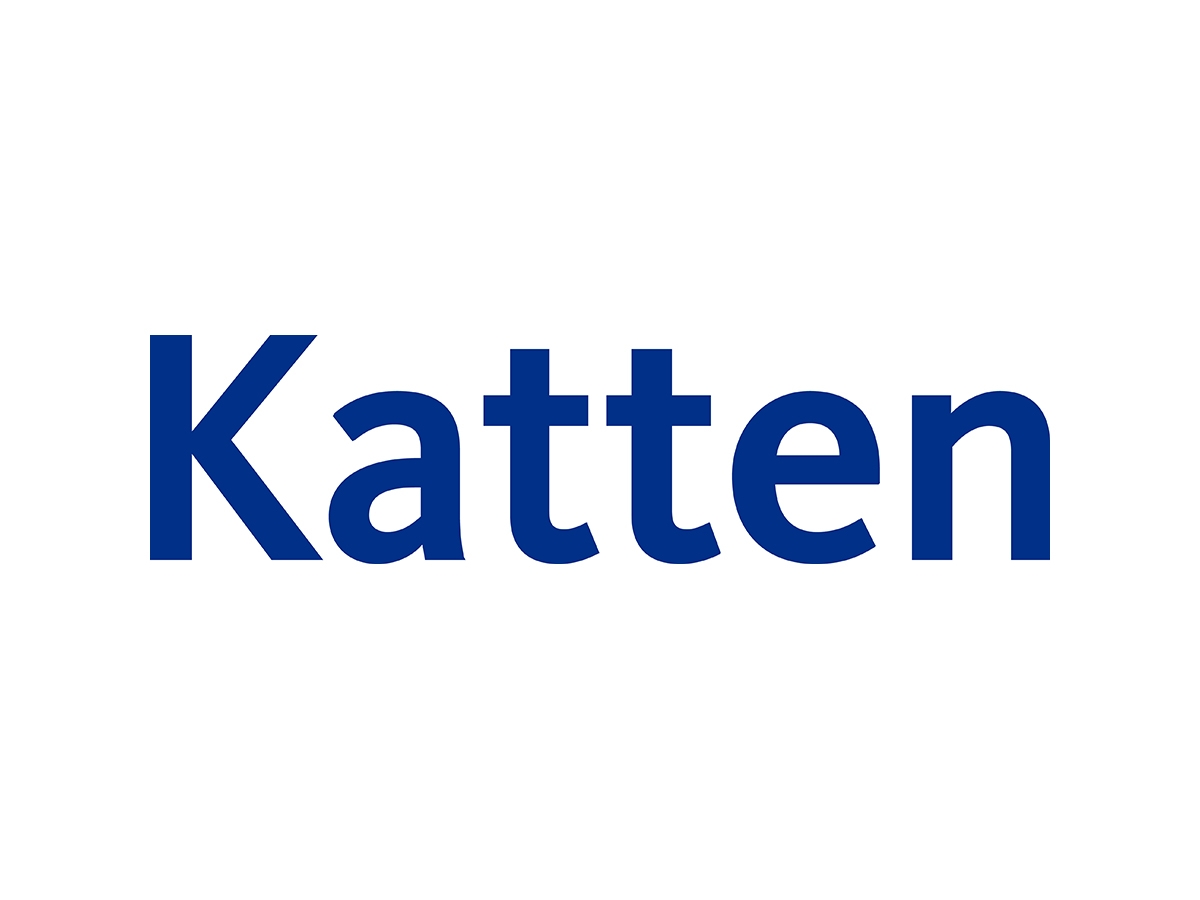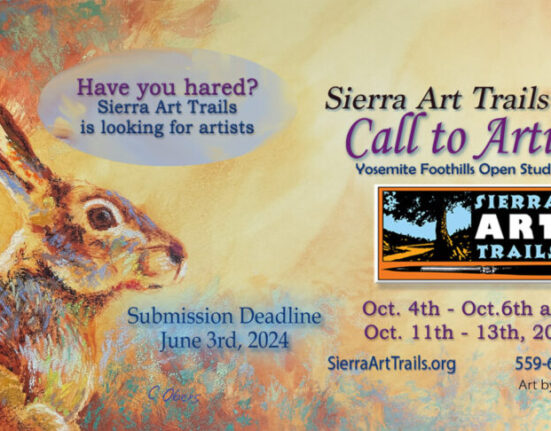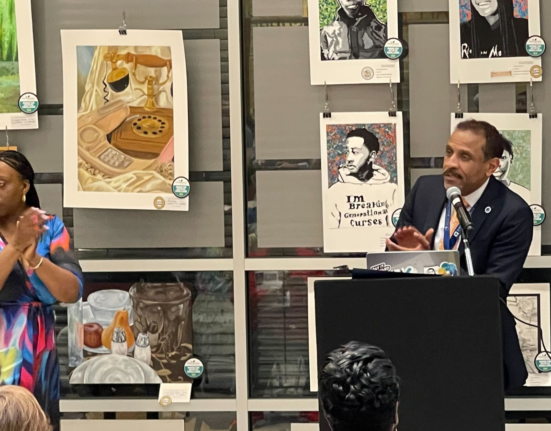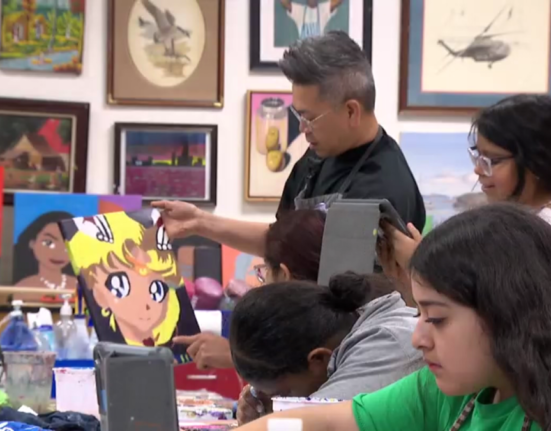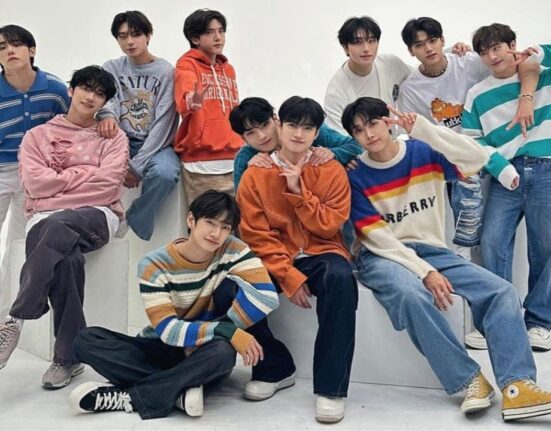We continue to monitor lawsuits that lie at the intersection of street art, fashion and advertising. Previous issues of Kattison Avenue and Katten Kattwalk have covered the risks that generally come with using street art on goods or in advertising, as demonstrated by: a lawsuit filed against The North Face by a graffiti artist known as “Futura”; a lawsuit filed against Puma North America by Christophe Roberts, an established artist with strong street credibility; and the potentially problematic use of street art and mural depictions in automobile ads set in urban landscapes.
Two additional fashion companies, Guess?, Inc. (Guess) and Macy’s, Inc. (Macy’s), just became the latest retailers subject to claims that the merchandise they sell incorporates the protectable trademarks, copyrighted art — and, in a unique twist, the protected names and signatures — of two recognized graffiti artists, all without the artists’ consent.
Griffin v. Guess?, Inc., Case No. 24-cv-00318, was filed on January 12, 2024, in the US District Court for the Central District of California. The plaintiffs are Patrick Griffin, who is the successor in interest to the deceased Sean Griffin, professionally known as “NEKST,” and Robin Ronn, who is professionally known as “BATES.” The lawsuit names both Guess and Macy’s as defendants because Macy’s distributes Guess apparel. The seven-count complaint alleges, among other claims, unfair competition and false endorsement under the federal Lanham Act, similar claims under California statutory and common law, copyright infringement, and violations of California’s statutory and common law rights of publicity.
As readers of this publication may be aware, there exists a long string of cases involving the allegedly unlicensed use of a street artist’s distinctive work, name or “tag” on goods and advertising. The list of retailers who have found themselves in disputes with recognized street artists includes Alaska Airlines, American Eagle Outfitters, Coach, Epic Records, Fiat, General Motors, H&M, McDonald’s, Mercedes-Benz, Moschino, Puma North America, Roberto Cavalli, Starbucks and The North Face.
The plaintiffs’ basic claims in the currently pending lawsuit are that Guess “prominently splashed” the plaintiffs’ work “across their apparel in a transparent effort to lend credibility and an air of urban cool to their apparel by coopting the plaintiffs’ special combination of graffiti style and street art bona fides.” More specifically, Guess is alleged to have incorporated the artists’ “tags” — the unique way graffiti artists spray-paint their coded identities on subway cars and abandoned buildings — into a line of allegedly “mass market” t-shirts. As an alleged consequence of these purportedly nonconsensual uses, the defendants have led consumers to wrongly believe that the two artists endorse Guess and are in some way affiliated with the retailer, while simultaneously injuring the artists’ reputations by causing their fans to believe that they are “corporate sellouts” who have “traded their artistic independence, legacy, and credibility for a quick buck.”
The pleading is chock-full of invective and hyperbolic allegations. For example, the artists allege that Guess is “defrauding its customers,” that the deceased NEKST “would be turning over in his grave if he could see what is currently on offer from Guess,” and that Guess is “well known as a mass-market, lowest-common-denominator type brand — and a ‘has been’ at that.” Aside from such attention-drawing quotes, the artists fundamentally assert that their tags and artwork were used without their consent. They allege that their tags and names have acquired “secondary meaning” under trademark law — i.e., that they are associated with a single commercial source in the minds of consumers — and that the nonconsensual use of their tags and names constitutes unfair competition and false endorsement under the Lanham Act, as well as unfair, fraudulent and deceptive business practices under California’s Business and Professions Code. Further, because the allegedly misappropriated artwork consists of the artists’ unique renderings of their “street” names and signatures, they have also asserted violations of their right of publicity under California’s right of publicity statute (Civil Code section 3344), which prohibits the nonconsensual use of “another’s name, voice, signature, photograph, or likeness, in any manner on or in products, merchandise, or goods, or for purposes of advertising or selling, or soliciting purchases of products, merchandise, goods or services.” Because California also recognizes a common law right of publicity, the artists have also thrown in a claim for violation of that right. Finally, because the artist known as BATES has apparently registered his distinctive tag with the US Copyright Office, he alleges a claim for copyright infringement as well.
It is too soon to anticipate the outcome of this litigation. In some instances, companies accused of misappropriating artists’ works have prevailed for one reason or another. In other cases, the artists have notched victories, or the artists and companies arrived at out-of-court settlements. We will continue to monitor this case and provide updates as it develops.

